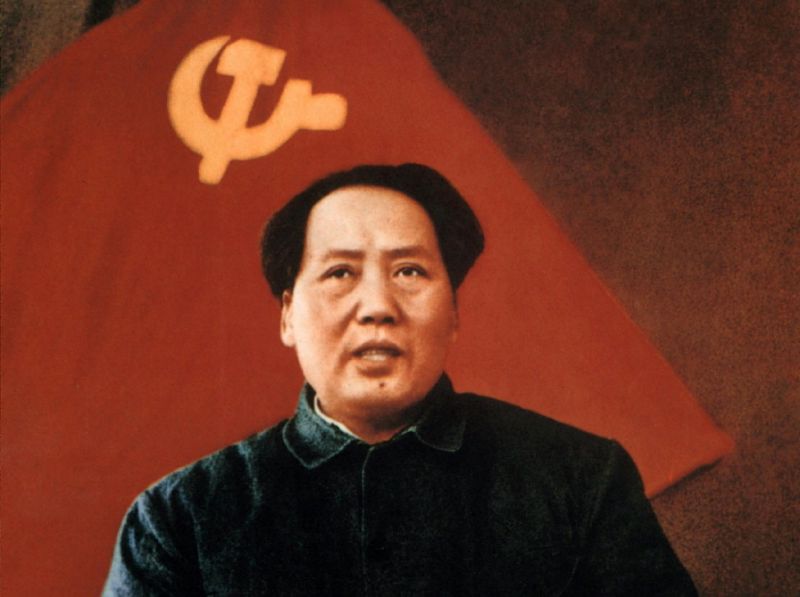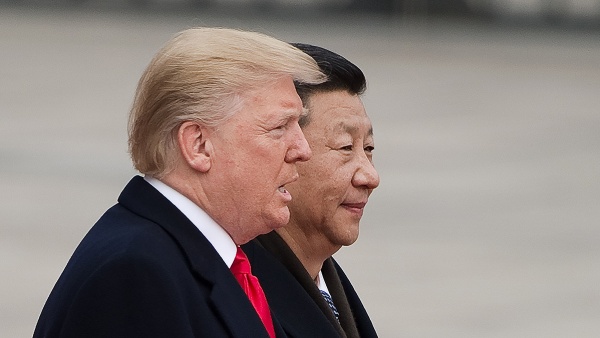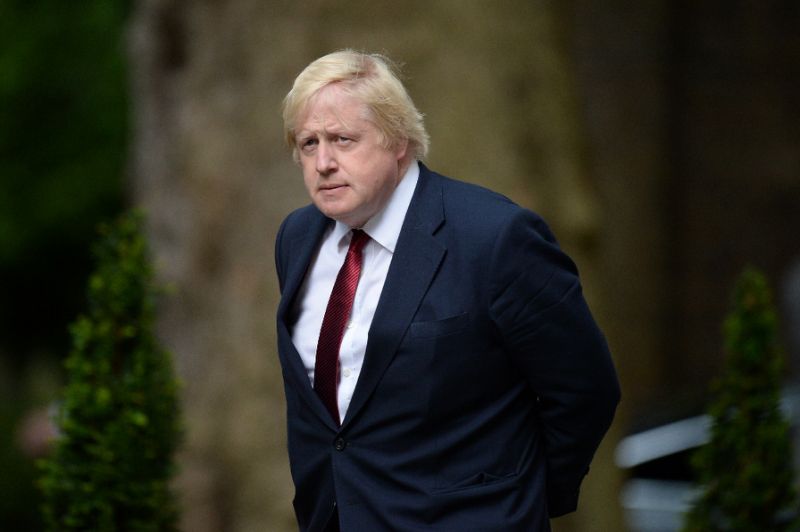The U.S.-China trade war has now dragged on for over a year, and little suggests there will be a resolution anytime soon. The main problem is that even though the “war,” from a U.S. perspective, is manifestly about trade imbalances and practices, there are deeper issues at work that are unlikely to be resolved even if there is a deal on the trade aspect of the underlying problems.
To see why not, it is essential to comprehend two lessons: one from history and one from economics.
Enforceable Measures
First, the history lesson. A central sticking point in the current round of trade talks concerns enforcement. The U.S. rightly believes that Beijing has repeatedly reneged on its prior commitments about international trade and hence any deal that emerges from these talks must be enforceable.
U.S. negotiators have thus far discussed two views of enforcement. According to the first view, the U.S. has the right to act unilaterally against Beijing with no retaliation possible by Beijing if China fails to follow through with its contractual commitments. In this regard, action by the U.S. might involve the unilateral imposition of tariffs on Chinese exports with no possibility for the legal implementation of retaliatory tariffs by Beijing.
A second and complementary way to obtain enforcement would be for the agreements that China makes in its trade deals with the U.S. to be codified in Chinese law.
Beijing has yet to agree to either of these two mechanisms, and that is in large part why the two countries find themselves at an impasse.
China’s ‘Century of Humiliation’
This reluctance by Beijing has a lot to do with the history of Chinese interactions with the West in the 19th century. In particular, the First Opium War between the British and China, which began in 1839, ended rather unfavorably for the Qing dynasty with the 1942 Treaty of Nanking.
In this treaty with Britain (and in subsequent treaties with the U.S., Russia, and France), the Chinese were compelled to accept detrimental terms and, more generally, forced to accept Western diplomatic norms. This resulted not only in the eventual 1912 downfall of the Qing dynasty but also to the heightened status of the much-discussed “century of humiliation” that most schoolchildren and educated people in China know about.

In fact, the Chinese Communist Party rose to power under Mao Zedong in 1949, in part predicated on a promise to end humiliation at the hands of foreigners. In this regard, memories of the “century of humiliation” appear to still be fresh in at least some quarters of the present Chinese Communist Party. Therefore, it is not surprising that President Xi Jinping and his trade negotiators are loath to agree to U.S. terms that might be seen as one-sided or injurious to China.
The only problem with this now rather self-serving narrative is that a lot has changed in the last 150 years. Instead of being bullied by foreigners, one can credibly claim that in its lending practices to weaker nations, China is doing the bullying. That said, as the second-largest economy in the world, China needs to understand that the rules-based system of international trade has generated wealth for many in the world, including Chinese citizens.
Grievances Against China
This brings us to the economics lesson. The U.S., and the West more generally, have many legitimate grievances against China. For instance, the theft of intellectual property from and the forced transfer of technology by U.S. firms benefits China but generates losses for American firms.
To give a second example, the Chinese move towards self-sufficiency in key technologies is inconsistent with international trade based on the principle of comparative advantage.
When a country (USA) is losing many billions of dollars on trade with virtually every country it does business with, trade wars are good, and easy to win. Example, when we are down $100 billion with a certain country and they get cute, don’t trade anymore-we win big. It’s easy!
— Donald J. Trump (@realDonaldTrump) March 2, 2018
In sum, the U.S. wants China to abandon its model of state-sponsored capitalism with subsidies for local winners, eliminate limits on market access to U.S. firms, preclude the forced transfer of technology, prevent the theft of intellectual property, and get rid of politicized regulation.
In this acrimonious situation, two fundamentally different economic systems are in competition with each other across a whole host of fields. From Beijing’s perspective, the very aspects of its economic model that the U.S. would like it to change are responsible for its tremendous growth of the last three decades. So, why should it change anything? To use an American adage, “if it ain’t broke, don’t fix it.” From a Chinese perspective, their model certainly “ain’t broke,” and hence there is nothing to fix.
Broken System
This combination of history and economics lessons reveals that even if a trade deal is reached between the U.S. and China, the fundamental underlying issues are unlikely to be resolved.
The only hope of settling these deeper issues lies in the U.S. engaging in robust, multilateral diplomacy with its western allies. The aim should be to present Beijing with a joint and powerful demand to fix what is, in effect, a broken system when looked at from the perspective of the rest of the world.
Disclaimer: The views and opinions expressed here are those of the author and do not necessarily reflect the editorial position of The Globe Post.





















